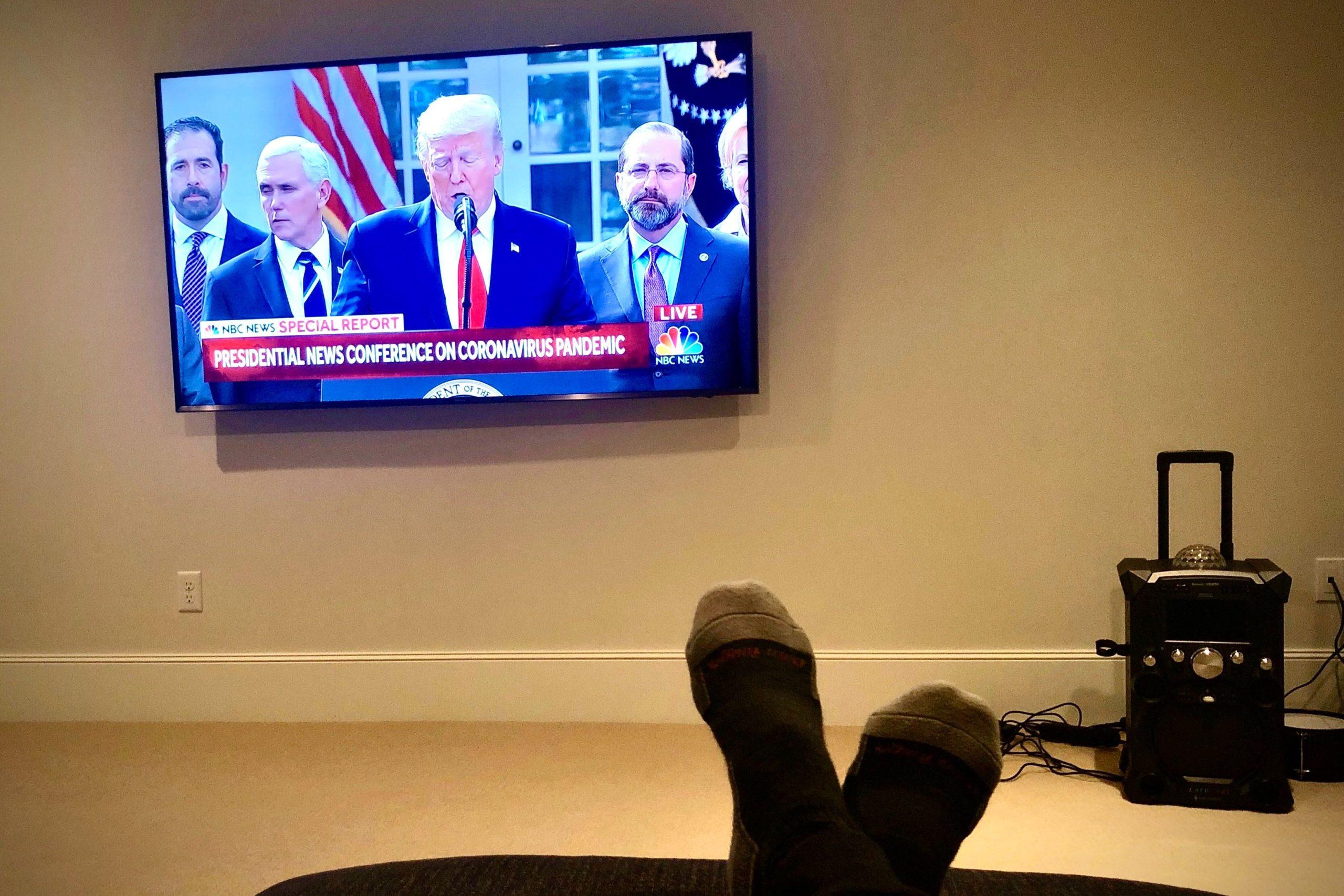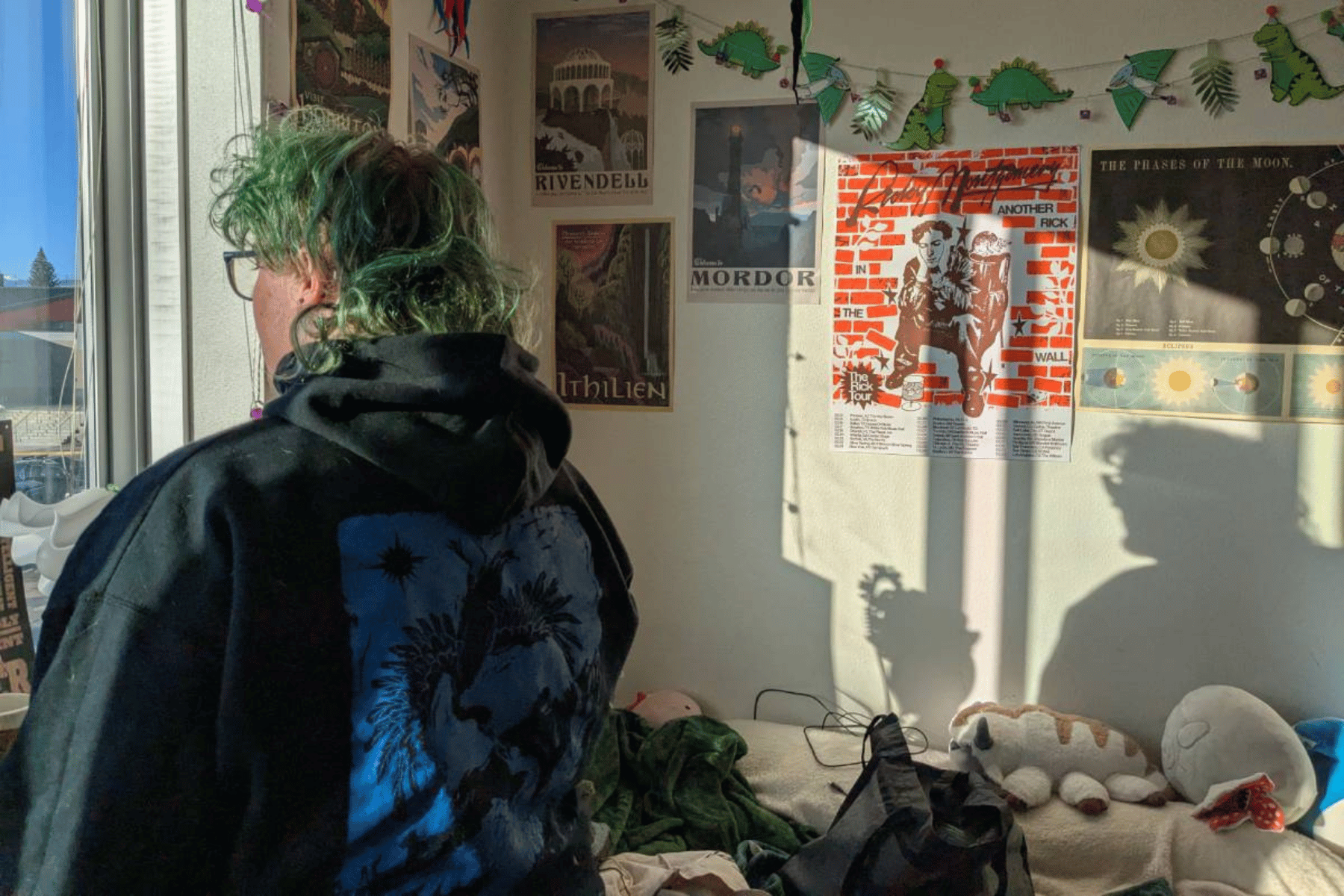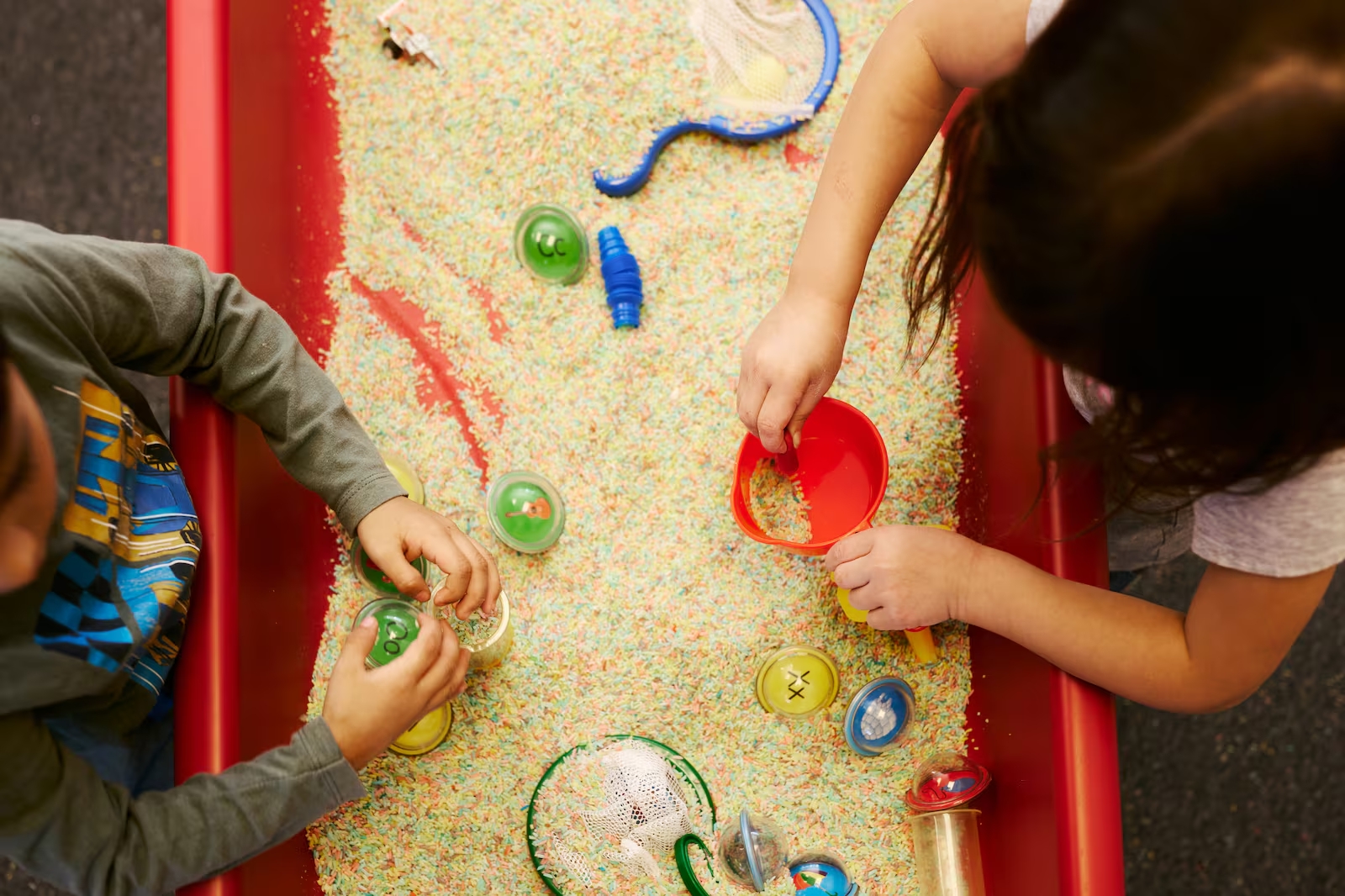
When Ian Wolfe of Denver became one of the first people in Colorado diagnosed with COVID-19, people he knew started referring to him as “that guy.”
As the state nears the one-year mark in the pandemic, Wolf told Colorado Matters that it was meant as a joke.
“I shut down our kids' school and my office… so it was a little embarrassing,” he said. “I mean, for a while there, I couldn’t get through a day without someone calling me out as the guy that started all this.”
But he found little humor as he quarantined at home in the basement, away from his wife and children.
“I think what was scary back then was the unknown every day in the basement, watching the news and seeing the death toll rise and really just not knowing much about it and who's really at risk. So that was the hardest part for me, it was more of a mental challenge than feeling sick or the physical symptoms,” Wolfe said.
When CPR News first spoke with Wolfe, he didn’t want his last name used because of the stigma associated with COVID-19. Now, people have adjusted to the reality of the pandemic, and the hit-or-miss nature of the virus and its symptoms. Wolfe tested positive March 6, 2020, and nearly a year later he does not know how he got the novel coronavirus. He does not have lingering effects.
“I feel great, and I’ve been healthy ever since. I haven’t had any issues with breathing,” Wolfe said.
He said he tells people it was a “medium” case when compared to the spectrum of COVID-19’s effects.
“It wasn’t in my lungs. I never had any breathing issues, pneumonia. Overall I feel lucky about that,” Wolfe said.
Despite isolating from his family, his wife later tested positive for the antibodies and experienced a loss of taste and smell.
“We think our boys probably had it as well. I just don't see how they could have dodged it, but they're not big fans of needles. So we opted not to test them,” he said.
As he reflects on 2020, he does not take anything for granted and still wears a mask and socially distances.
“I had a physical maybe six months after the fact and still had the antibodies, but that was in September, so I doubt I have (them) now, but who knows,” said Wolfe. But he’s not taking any chances and wants to act responsibly while the pandemic persists.
“At this point I don't want to be the guy that gets it twice,” he said.









